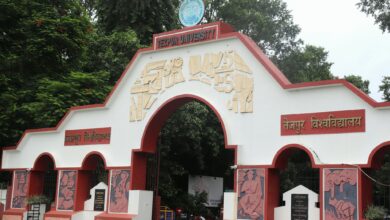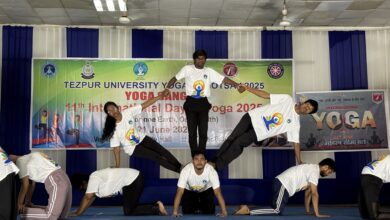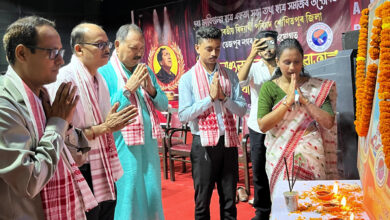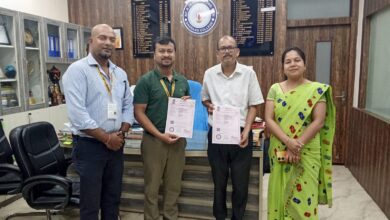Birsa Munda: A Tribute to the Freedom Fighter
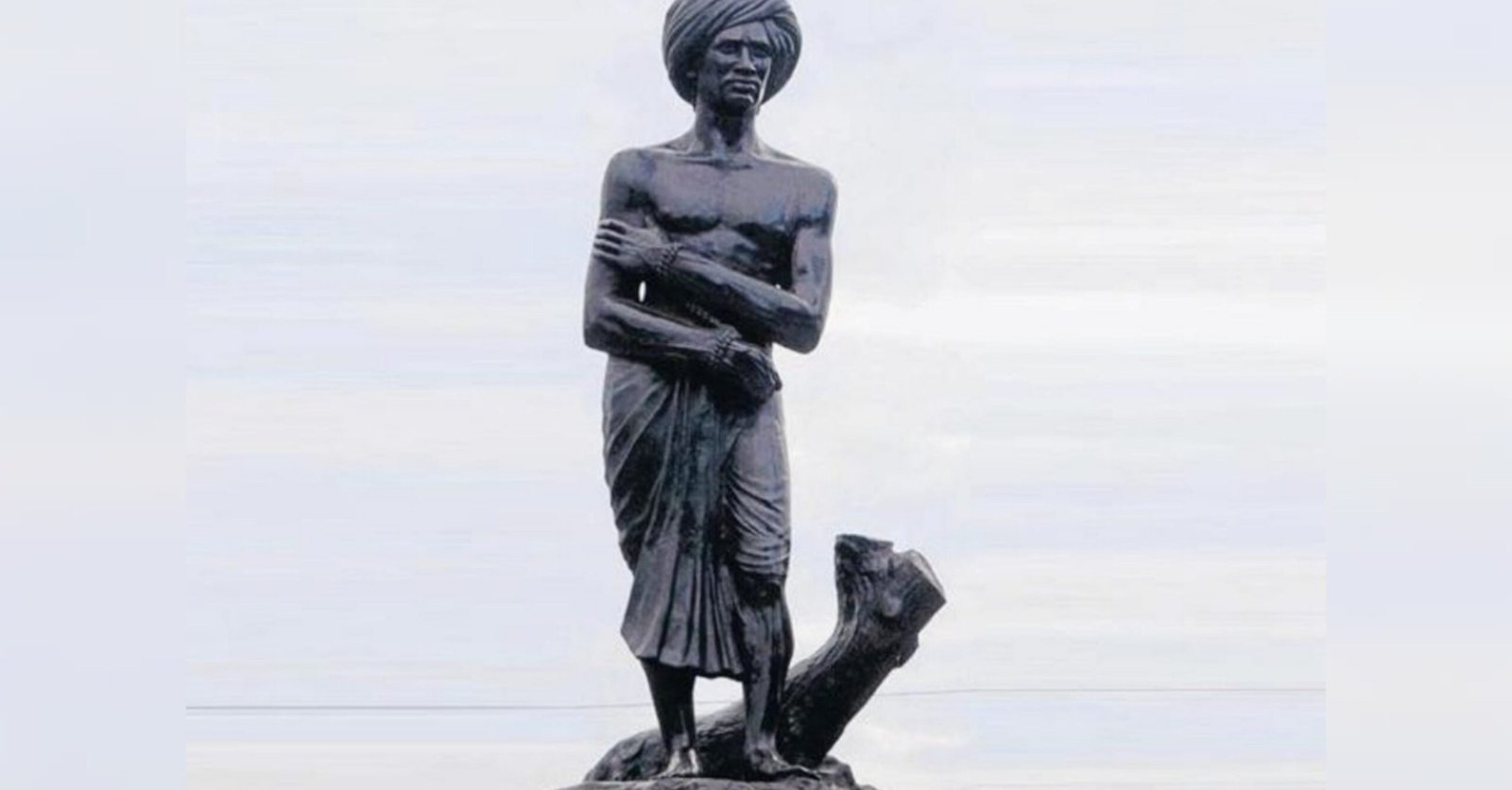
Written By
Ms. Munmi Rajkumari, Research Scholar, Dept. of Cultural Studies, Tezpur University
Dr. Debarshi Prasad Nath, Professor, Department of Cultural Studies, Tezpur University)
It is common knowledge today that history has conveniently left out of reckoning many freedom fighters who were also true champions of tribal rights. It took a long time for our country to wake up to the reality of the contributions made by tribals from around the country. Birsa Munda (1875-1900) stands as a brilliant example of this. In the course of just twenty-five years, Birsa Munda left an indelible impression on the minds of freedom-aspirants in India. Though academics took a long time to write about Birsa, the fire of revolution (ulgulan) that he kindled among his fellow-tribals, together with his memories, were kept alive by his followers.
Birsa Munda fought for the right of the tribal people in an attempt to protect their water, forest, land and culture. He has today become an icon of tribal identity and dignity. Birsa’s movement challenged the feudal system that plagued Jharkhand and Bihar. He also fought against the British imposition of land taxes. In October 1894, Birsa led his followers in a march against tax collection. The British fired on the protestors and many people lost their lives. Birsa Munda was imprisoned a few months later and he took his last breath in Ranchi Jail on June 9, 1900, at the young age of 25.

When academics were still to realize the immensity of his contribution in the freedom struggle and in the restoration of the dignity of Indian culture, Birsa Munda was kept alive and recalled fondly in the folklore of the Munda tribe. For most of the last century, Birsa Munda did not find a mention in the history books of Indian or Western scholars. However, a few of his disciples diligently recorded various aspects relating to his life. It was only after independence that the role of Adivasis in the freedom movement came to be recognized. Gradually, Birsa has come to represent Adivasi aspiration and identity across the country.
Birsa was born on 15 November in 1875 at Ulihatu in Bengal Presidency, presently in
Khunti district of Jharkhand. During his childhood he was surrounded by Christian Missionaries who encouraged conversion to Christianity. Birsa Munda was advised to enroll in a German Missionary school, where he was forcefully converted to Christianity.
But he was not happy with the conversion, and he left the school. Birsa learned about Hinduism from a Vaishnav preacher. Birsa wanted to protect and maintain the traditional tribal beliefs by reforming their ideologies. He encouraged his people to revert to their tribal beliefs. He urged people to keep away from witchcraft and follow certain newly laid down codes of religious behavior. In this way, Birsa Munda became a religious healer. Many people from the Munda and Oraon communities started to follow him and referred to him as Dharti Abba (Father of Earth).

At a time when many of our countrymen could not even imagine freedom, Birsa Munda not only envisaged a more egalitarian social order but also understood the critical role of British imperialism in not just stripping his people of dignity but also in keeping them divided. Birsa reminded his Adivasi followers of their glorious past. Once upon a time, the Mundas lived a life of contentedness and happiness. They had a strong bond with nature. British imperialism had brought about a disruption in the lives of the Adivasis.
Their relationship with nature was shattered. The British also disrupted the relationship between different communities of the country, setting them up against each other. Tribals were taught to look down upon their own customs, beliefs, and religions. Birsa Munda realized the connection between all these apparently disparate activities. The British were worried about the fact that Birsa had called for a complete overthrow of British imperialism, missionaries and exploitative moneylenders. Birsa understood better than most others that land, economy and culture are closely interrelated. It was therefore as important to challenge the land policies of the British as it was to question their demeaning of Adivasi culture and the takeover of Munda land by outsiders (dikus).

It is in the fitness of things that North East India honours this brave son of the country. The story of Birsa Munda has a strong appeal for people from North East India because just like him, many tribal leaders of the region failing to find a mention in the official and canonical discourses of India’s freedom movement.
Source: Bara Joseph, (2020, 25 July). ‘Setting the record straight on Birsa Munda and his
Political Legacy’, Vol.55, Issue no.3, Economic and Political Weekly.






